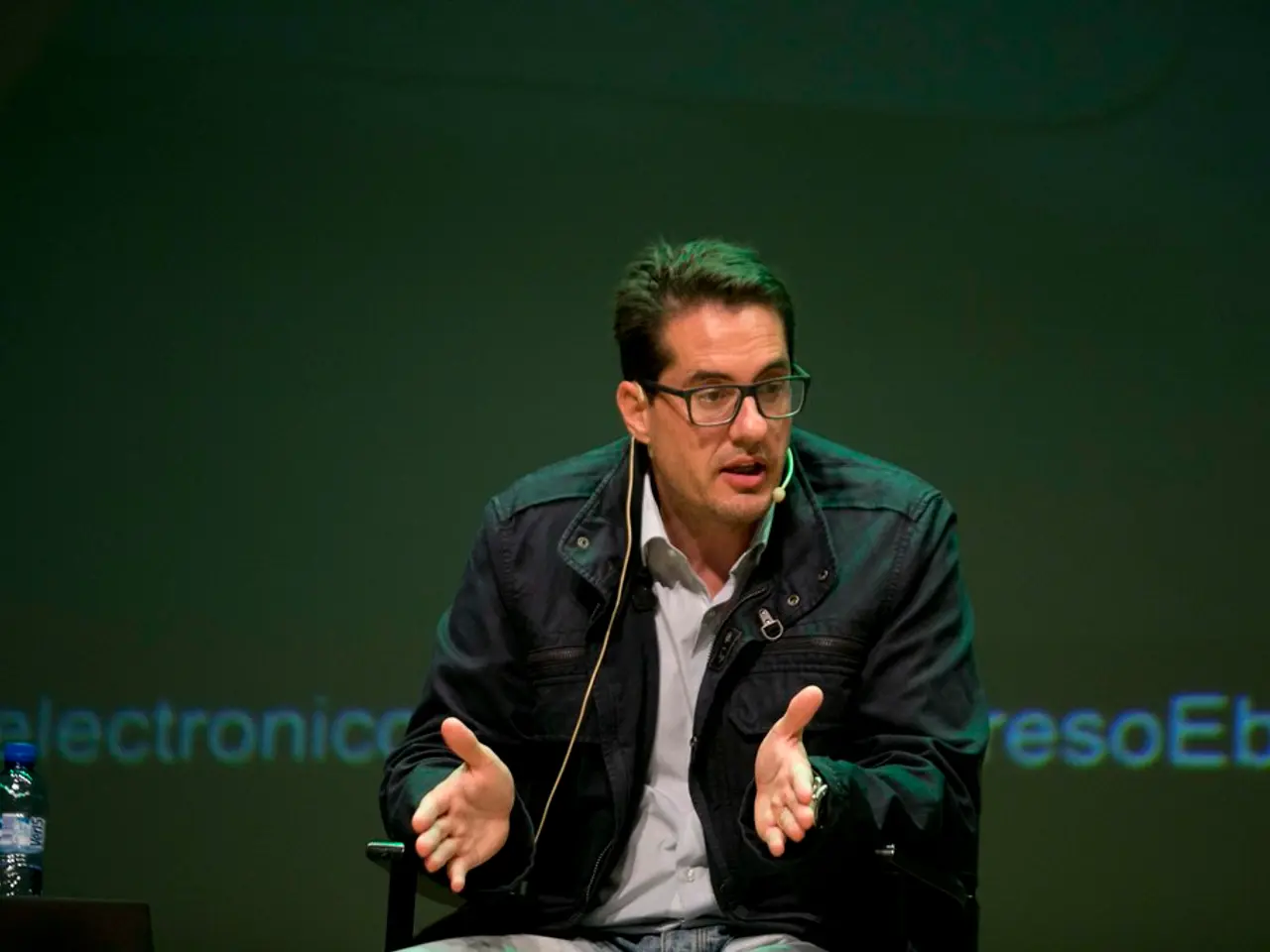Scientists in Florida devise a saliva-based diagnostic method for identifying breast cancer
In a groundbreaking development, a team of researchers from the University of Florida has created a handheld saliva test for the early detection of breast cancer. The device, which is small enough to fit in the palm of a hand, has shown remarkable accuracy and promise for noninvasive, rapid breast cancer detection and type identification.
The biosensor, which uses multi-channel test strips to analyze saliva within seconds, demonstrated 100% accuracy in a study involving 29 saliva samples, correctly identifying breast cancer in all cases. It can also distinguish between healthy individuals, those with early-stage carcinoma in situ, and those with invasive breast cancer.
The test, which transmits its findings to a smartphone or tablet via Bluetooth, could significantly improve access to breast cancer screening, particularly in rural or low-income communities. The technology could also reduce healthcare costs, according to Dr. Heldermon, a breast oncologist at UF Health.
The project has received support from the National Institute of Dental and Craniofacial Research and UF's College of Dentistry. The team's innovations include a multi-channel test strip capable of detecting multiple biomarkers simultaneously, which could significantly reduce testing costs.
Dr. Heldermon sees the biosensor as a potential companion screening tool alongside traditional mammograms or MRIs, or even a first-line test for diagnostics. He compares the test to at-home Cologuard kits for colon cancer, envisioning a future where patients could receive the biosensor by mail, submit a saliva sample, and be referred for further imaging if needed.
Several patents have already been filed for the UF biosensor project. The team is currently researching additional saliva biomarkers to improve diagnostic accuracy and expand the biosensor's capabilities to detect other diseases.
While the device shows remarkable accuracy and promise, the data comes from a small initial sample set, and further validation in larger clinical trials is needed before widespread clinical use. Despite this, the UF biosensor could potentially make early cancer detection more accessible through a simple saliva sample. With approximately 1 in 8 women developing breast cancer in their lifetime, the UF biosensor could be a game-changer in the fight against breast cancer.
The UF biosensor, a promising handheld device for early breast cancer detection, utilizes science to analyze saliva samples for various medical-conditions related to breast cancer. It is envisioned as a health-and-wellness tool that could be used as a first-line diagnostics test or a companion to traditional imaging methods like mammograms. The team behind the project is currently exploring therapies-and-treatments for other diseases by researching additional saliva biomarkers.




